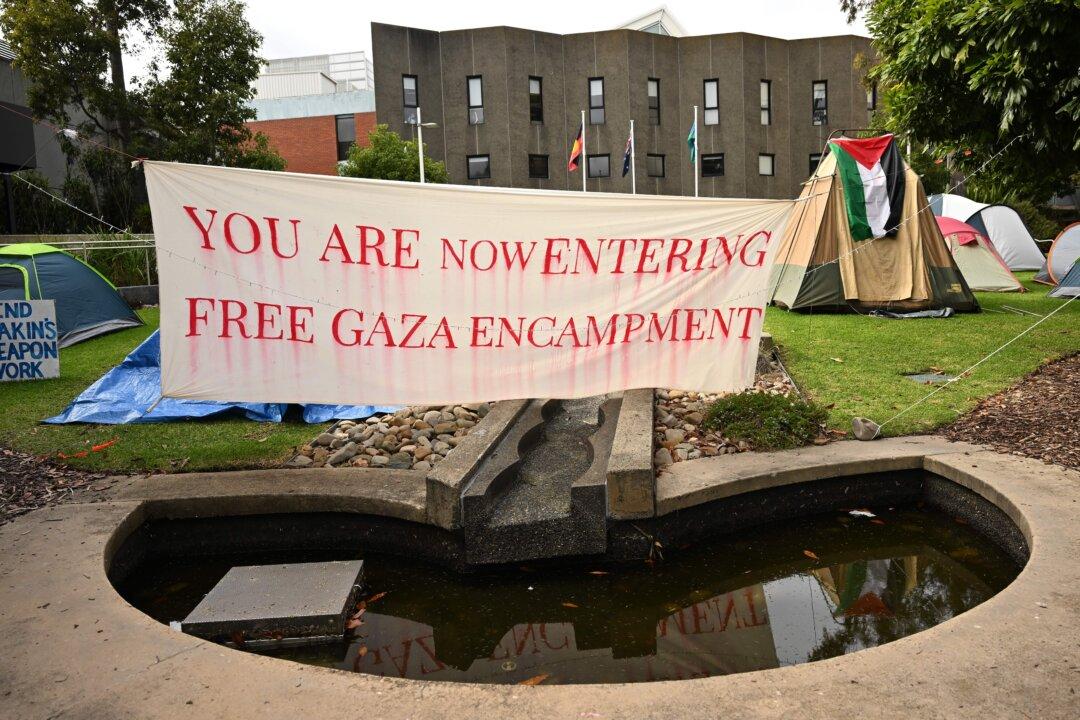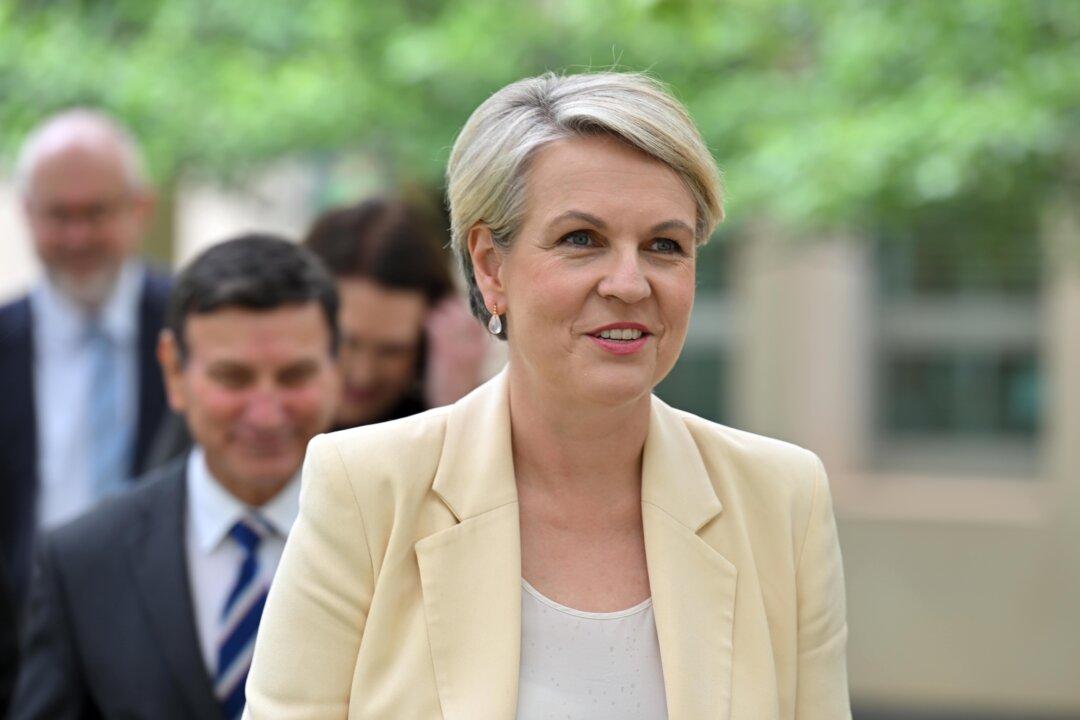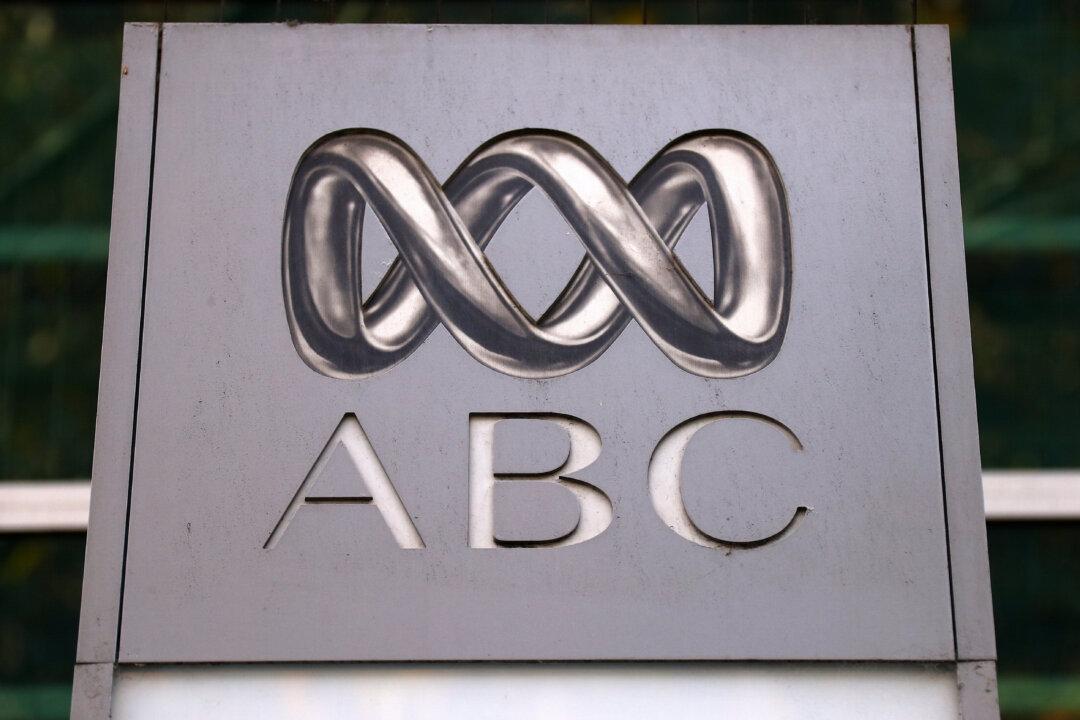Universities should alter anti-discrimination laws so that antisemitism is legally recognised as a form of anti-vilification, one professor says.
“Racism manifests in different ways for different groups,” said Professor Katherine Gelber of the University of Queensland, during a Senate inquiry into antisemitism on Dec. 12.





